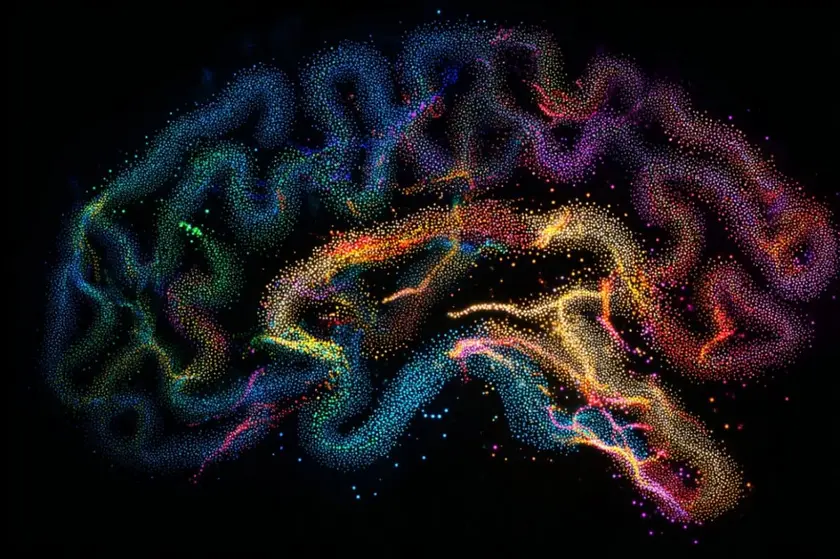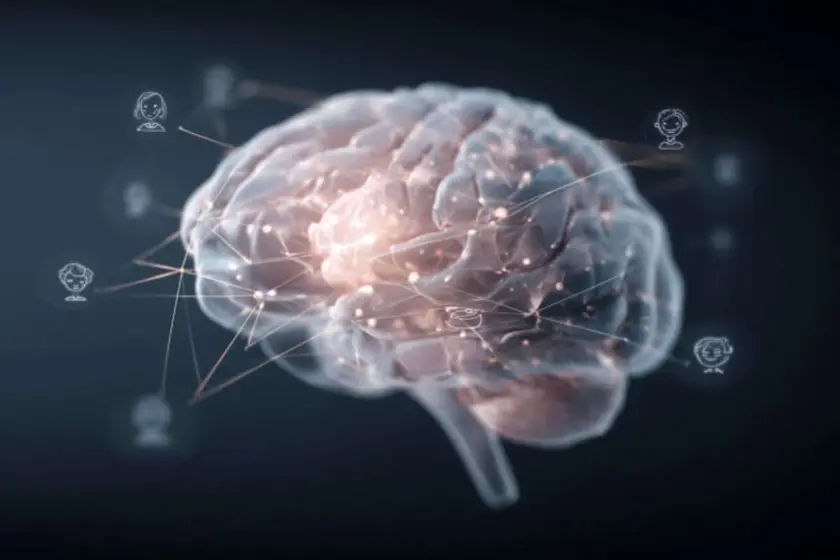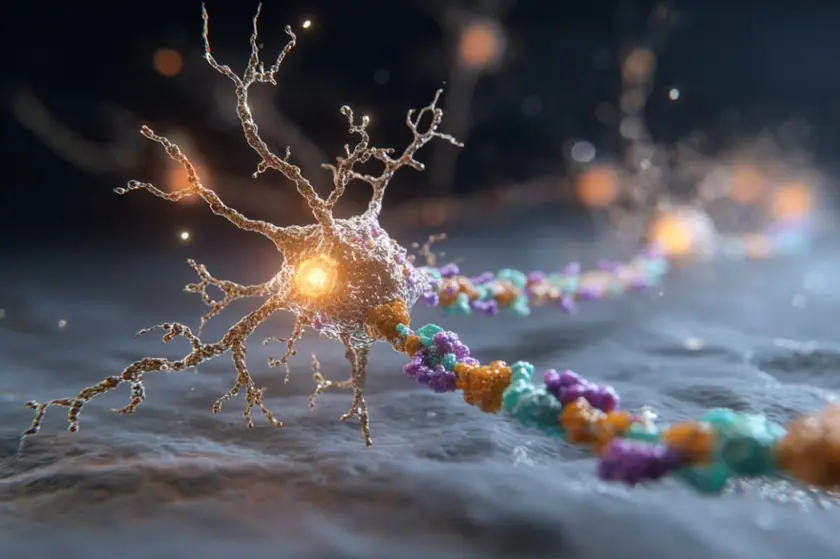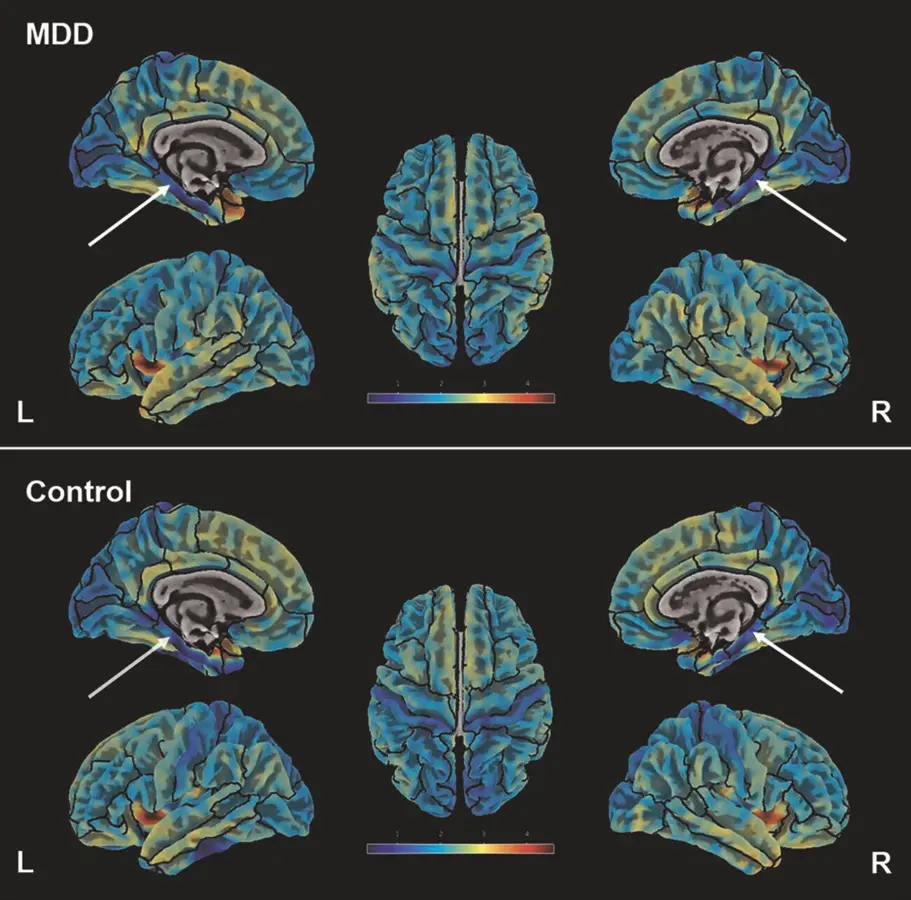T4K3.news
Study finds brain rewrites emotional maps of familiar spaces
New research reveals our brain updates navigational maps with each familiar journey.

Recent findings show how our brain's internal GPS alters with every navigation of a familiar environment.
Research Reveals Our Brains Rewrite Maps of Familiar Spaces
A study from Northwestern University found that the brain constantly rewrites its internal map every time it navigates familiar spaces. Researchers observed that even when mice roamed identical virtual mazes, their hippocampal neurons activated in different patterns on each run. This suggests that spatial memories are not static but dynamic, which might play a role in how we store and recall experiences over time. The variance in neuron activation indicates that memories evolve based on numerous factors, including the passage of time. The research is set to be published in the journal Nature.
Key Takeaways
"Our study confirms that spatial memories in the brain aren’t stable and fixed."
Daniel Dombeck explains the fluidity of memory formation in the brain.
"A slightly different group of neurons activated each time."
Dombeck highlights the variability in neuron activation during repeated experiences.
"You can’t point to one group of neurons and say: ‘That memory is stored right there.’"
Dombeck emphasizes the complexity of memory storage in the brain.
This groundbreaking research shifts our understanding of memory formation and retention within the brain. It challenges the long-held belief that specific neurons are responsible for fixed memories tied to physical locations. Instead, it suggests a more fluid approach to memory encoding, which could have significant implications for how we approach memory-related conditions, particularly as they relate to aging. The notion that our experiences are subtly reframed each time we recall them raises interesting questions about the reliability of our memories and the processes of learning.
Highlights
- Every walk retrains our brain's map anew.
- Memory is like a river, always flowing and changing.
- Excitable neurons hold memories better through time.
- Our brains recreate memories with each experience.
Implications for Aging and Memory Health
The research suggests that as we age, the ability to maintain stable memories declines due to decreasing neuron excitability, raising concerns about cognitive health and memory disorders.
This research not only informs neuroscience but could also influence how we think about memory in education and aging processes.
Enjoyed this? Let your friends know!
Related News

New study highlights brain's role in social emotions

New depression cell map

Birth control may shape memory and emotion

Hate speech mirrors psychiatric language on Reddit

New study reveals secrets of mood regulation receptors

Breathwork study shows psychedelic-like brain activity

Amygdala liver axis drives rapid glucose rise

Sleep stages illuminate consciousness
